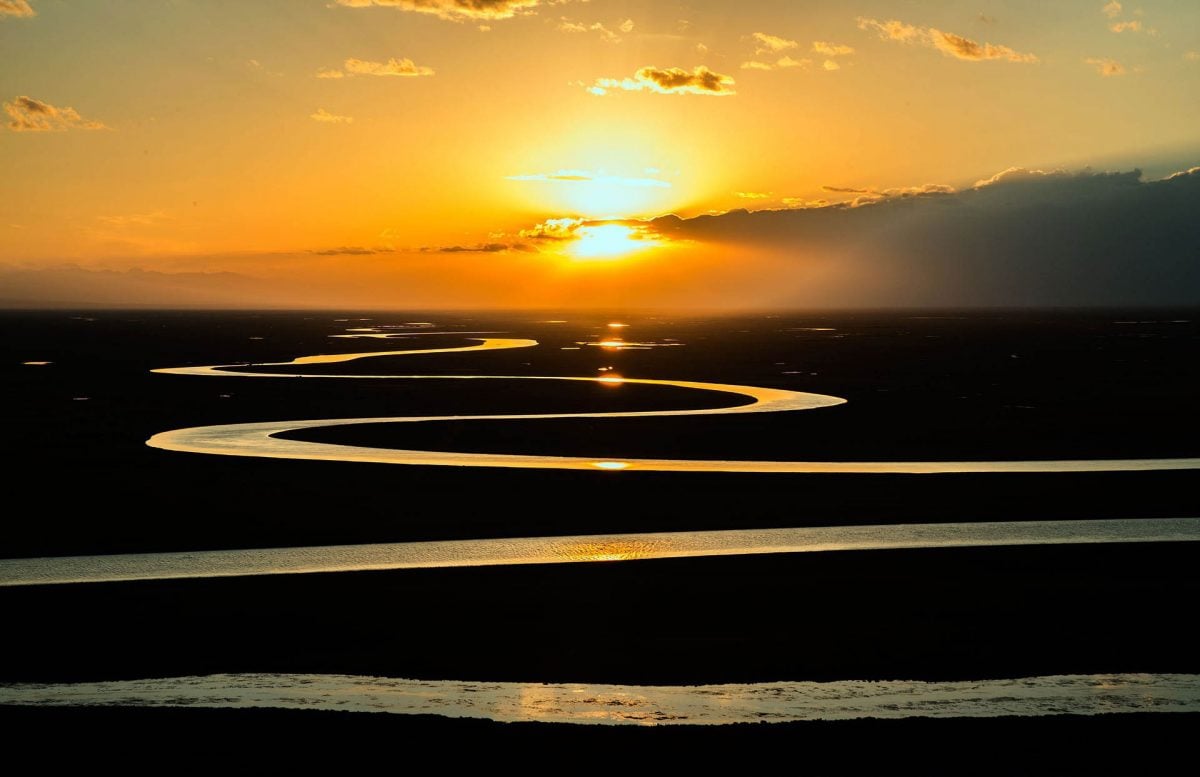 The progress of life is often compared with a river. Life, like a river, is dotted with obstacles at times. Life, like a river, can be smooth at times. However, as we grow, we may begin to observe that life cannot be compared with anything. It cannot be defined. Life occurs without rhyme or reason. It is neither the consequences of your choices nor a predetermined path. It is neither fair nor cruel. It is neither a road nor a river.
The progress of life is often compared with a river. Life, like a river, is dotted with obstacles at times. Life, like a river, can be smooth at times. However, as we grow, we may begin to observe that life cannot be compared with anything. It cannot be defined. Life occurs without rhyme or reason. It is neither the consequences of your choices nor a predetermined path. It is neither fair nor cruel. It is neither a road nor a river.
The process of discovering and adjusting to these facts takes up a large section of an individual’s life. This is the section that we call ‘youth’.
Being a young person at the strange grey area between teenhood and adulthood can feel like you are standing at the edge of a cliff and peering over it. It is scary, beautiful and exciting all at the same time. The whole world is spread out in front of you, inviting you to become a meaningful part of it. If you jump now, you either fly, or you fall.
Yet, with this strange cold apprehension gnawing away at you, with people pressing their words into you and forcing you closer and closer towards the edge, the single greatest fear that lingers is that of watching someone you love jump off the edge. Of watching the world rising up beneath them to crush them while they struggle to fly, and you struggle to help.
Recently, I saw a barren, broken tree with no leaves. Its wood was rotten, and every crease in its bark seemed to be filled with a dark lifelessness. As I took a closer look, however, I noticed a number of bird nests resting on the barren branches, some empty, some filled with bright eyes and small, pale wings. I learned that both hope and hopelessness are things we fabricate using perspective.
As we place our young people into a world where running through life is the norm, and talking about your emotions is a specific activity reserved for specific occasions, how can we expect their perspectives to be wide enough to look not only at the barren tree, but at the lively nests too? How can we expect them to jump off a cliff and fly, when they are too busy wishing they could fall because they are tired of pretending to have control? Perhaps, we focus so much on the notion of placing the world into the palms of our children’s hands, we forget to show them to find meaning in it first. To remember to hope.
Let us start building a better generation first by teaching our children to give life to their emotions using their voice. Secondly, by showing them that life is unique to everyone, and that finding the healthiest way of reaching their goals is just as important as reaching them at all. Lastly, by showing them to enjoy the love and joy nestled in the people they live with and the moments they live through. Soon, they may learn that if life is like a river, we may never get a chance to see the sunlight dancing on the surface if we swim with our heads underwater.
Renika Anand is currently a student at Marian Academy.






